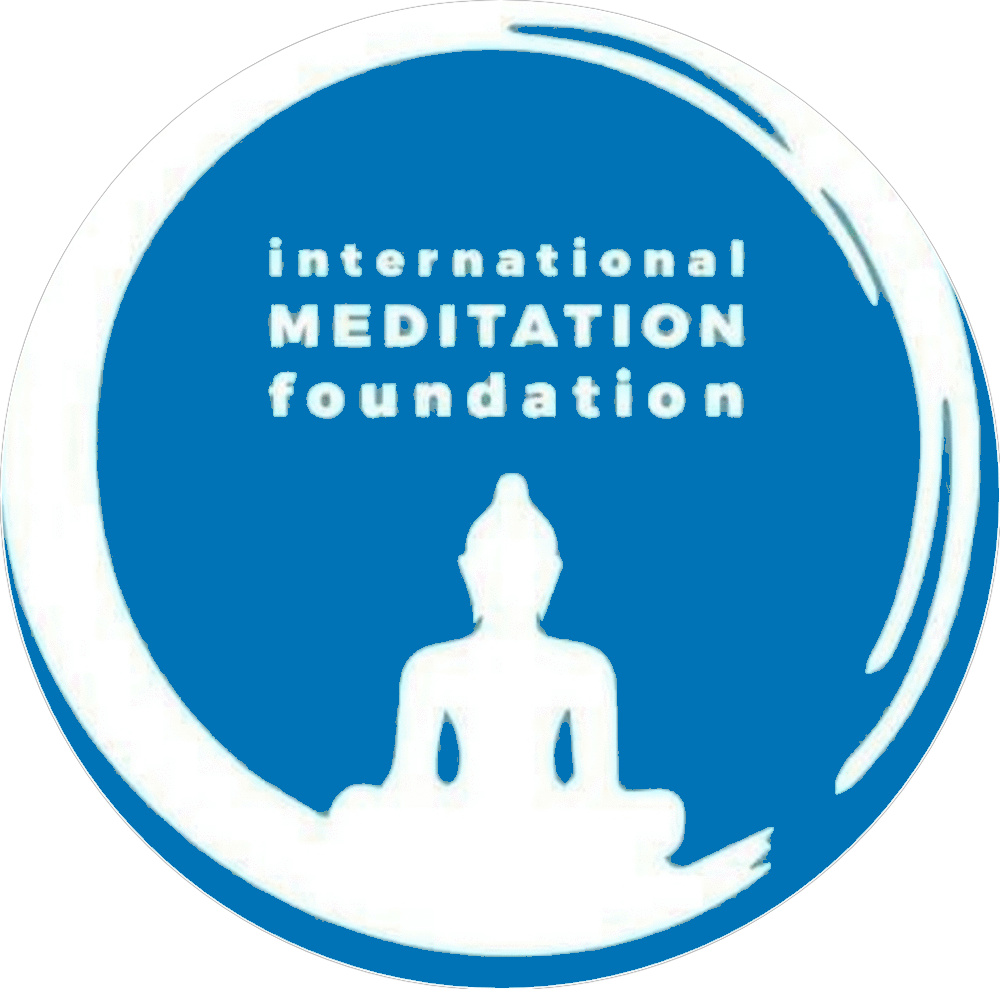
Introduction
Full Moon Meditation provides a profound opportunity to connect with the celestial energies surrounding us. In this blog post, we’ll explore a three-phase approach to Full Moon Meditation, emphasizing the importance of establishing a connection with the moon, incorporating breathwork, and delving into silent meditation. For an optimal experience, it’s recommended to practice on an empty stomach and don loose, comfortable attire.
Phase 1. Establishing connection with the moon
Begin your Full Moon Meditation in a serene outdoor space or a room with a clear view of the moon. Take a moment to acknowledge the moon’s presence and express gratitude for its luminous energy. Gaze at the moon, allowing a sense of connection to permeate your being. Visualization techniques, such as imagining a beam of moonlight entering your crown chakra, can deepen this connection. Spend a few moments absorbing the calming and illuminating energy of the moon, establishing a profound link between yourself and the celestial body.
Phase 2. Breath work
Transition into the second phase by incorporating intentional breathwork. Sit comfortably with your spine straight and shoulders relaxed. Focus on your breath, inhaling deeply through your nose and exhaling slowly through your mouth. Visualize inhaling the moon’s tranquil energy and exhaling any tension or negativity. This rhythmic breathwork helps align your internal energy with the calming influence of the full moon. Continue this practice for several minutes, allowing each breath to deepen your sense of inner peace and connection.
Phase 3. Silent meditation
Now, transition into the silent meditation phase. Close your eyes and shift your focus inward. Embrace the stillness and let go of any lingering thoughts. With the moon’s energy as your guide, explore the depths of your consciousness. Be present with your breath, letting it become a subtle anchor amidst the vastness of inner silence. As thoughts arise, acknowledge them without judgment and gently redirect your focus to the breath. Engage in this silent meditation for an extended period, allowing the moon’s energy to guide you into a state of profound stillness and clarity.
Conclusion:
Full Moon Meditation is a transformative practice that invites us to align with the cosmic rhythms and discover the depths of inner serenity. By establishing a connection with the moon, incorporating intentional breathwork, and delving into silent meditation, practitioners can tap into the lunar energy for enhanced self-awareness and renewal. Remember to practice on an empty stomach and wear loose, comfortable clothes to fully immerse yourself in this celestial journey. May the full moon illuminate your path to tranquility and self-discovery.
Exam Questions and Answers
- What is the primary focus of Full Moon Meditation?
A. Connecting with the sun
B. Establishing a connection with the moon
C. Engaging in breathwork
D. Practicing visualization techniques
Correct Answer: B
2. Why is it recommended to practice Full Moon Meditation in a serene outdoor space or a room with a clear view of the moon?
A. To avoid distractions
B. To connect with the sun’s energy
C. To establish a connection with the moon
D. For breathwork convenience
Correct Answer: C
3. What is the purpose of Phase 2 (Breathwork) in Full Moon Meditation?
A. Visualizing the sun’s energy
B. Establishing a connection with the moon
C. Aligning internal energy with the calming influence of the full moon
D. Focusing on thoughts without judgment
Correct Answer: C
4.How should one inhale and exhale during the breathwork phase of Full Moon Meditation?
A. Inhale through the mouth, exhale through the nose
B. Inhale and exhale through the nose
C. Inhale through the nose, exhale through the mouth
D. Inhale and exhale through the mouth
Correct Answer: C
5. What visualization technique is suggested during the establishment of a connection with the moon in Full Moon Meditation?
A. Imagining a beam of sunlight
B. Focusing on the breath
C. Imagining a beam of moonlight entering the crown chakra
D. Visualizing a beam of starlight
Correct Answer: C
6. What is the recommended state of the stomach for an optimal Full Moon Meditation experience?
A. Full stomach
B. Empty stomach
C. Half-full stomach
D. It doesn’t matter
Correct Answer: B
7. What is the central theme of the silent meditation phase in Full Moon Meditation?
A. Connecting with the sun’s energy
B. Focusing on the moon’s physical appearance
C. Embracing stillness and inner exploration
D. Engaging in guided meditation
Correct Answer: C
